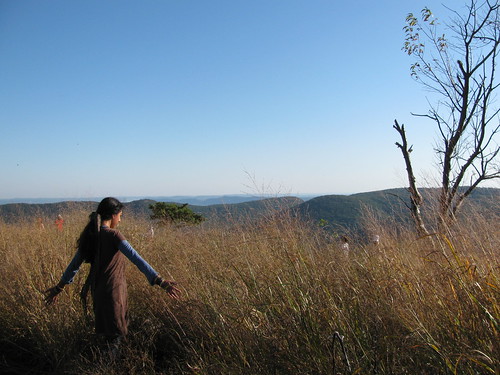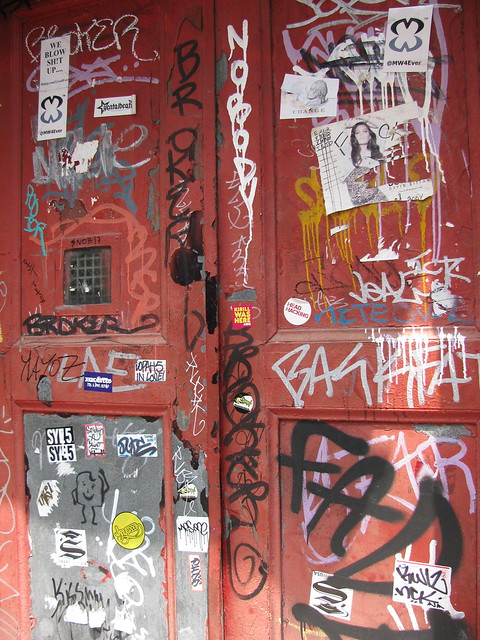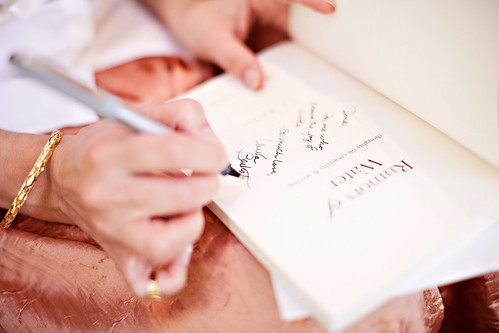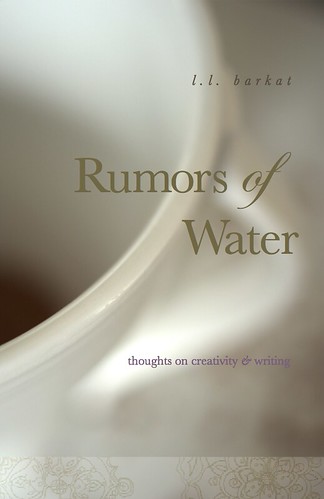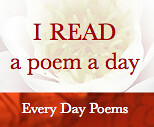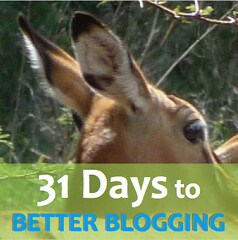5 Ways to Increase Your Klout Score Exponentially
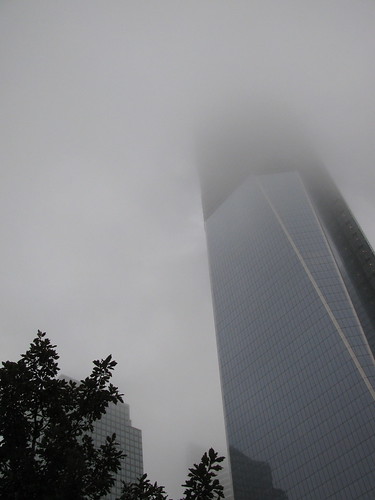
In the span of about a week, I increased my Klout score by 13 points. To put this in perspective, I should mention that this happened during the fallout period, when a lot of people's Klout scores dropped.
It also happened over the *exact days* I revamped my Twitter strategy. So this post is going to share my Twitter secrets, which are based, quite simply, on love.
(For those of you who know and love me, let me assure you I haven't gone Klout crazy. My workplace is exploring it, and so I began exploring it. The only danger I see so far is that I might become a Klout-score-checking addict :)
Klout, in my opinion, could otherwise be called a "love quotient." It tracks who you love, what you love, how much you love, who loves you and how much they're willing to share the love.
So, here's the Lovers Guide to Increasing Your Klout Score thru Twitter
1. Ask yourself, what do I really love? Then tweet about it. Do this for two reasons. One, it will enable you to be more focused (an important part of a good Twitter strategy). And, two, it will enable you to sustain your Twitter activity for the long haul. Nothing works better than a strategy that fits with your lifestyle and interests.
2. Claim your love. My workplace has done this, with some success, by using the hashtag #goodwork. My Twitter poetry group has done it with the hashtag #tsptry. It's a way to get seen amidst the noise, and to invite others into your circle.
Some people have an uber-branding strategy around the use of unique hashtags. #Amwriting, an "award-winning hashtag," developed by Johanna Harness, is one of the most creative I've seen yet.
3. Get emotional about your love. There's a reason advertisers track your emotions. Take advantage of it, and make sure your tweets use emotive words or concepts that will generate an emotional response in your followers. This isn't about exploiting your tweeps; it's about becoming a better writer.
4. Ask for love. @Claireburge impresses me with her questions. On any given day on Twitter (or elsewhere), you will find her asking for advice and direction from those in the know. This is not only a terrific connecting strategy, it is also a humble strategy, because it seeks to learn.
5. Make love connections. Do you know people who would just love to know each other? Introduce them. Go ahead and tweet @doallas I think you would love @knittingthewind—just beautiful! Increasing connections naturally and lovingly is part of a healthy networking strategy.
Try these 5 Twitter Love-Life tips, and let me know if they increase your Klout score. I'd be curious to know.
And now, a love request.
I'm looking for love in the following places, and would really appreciate any direction you could give me, towards excellent bloggers and tweeters and Tumblrs who beautifully explore:
tea, French, bread, writing
I'm also claiming my love in these same categories. If you want to follow along on any given day, or become part of a more focused conversation, you can join me under these hashtags...
LLfrench
LLtea
LLbread
LLwriting
(If nothing comes up under a particular hashtag, that means I haven't been tweeting about it lately. Hashtags don't bring up results if you take a rest for a few days. And I *always* take a rest on weekends. Which, btw, will lower a Klout score. But I love my rest, and you can't put a score on that.)
Labels: Claire Burge, Jane Friedman, Johanna Harness, klout, social media, Twitter
